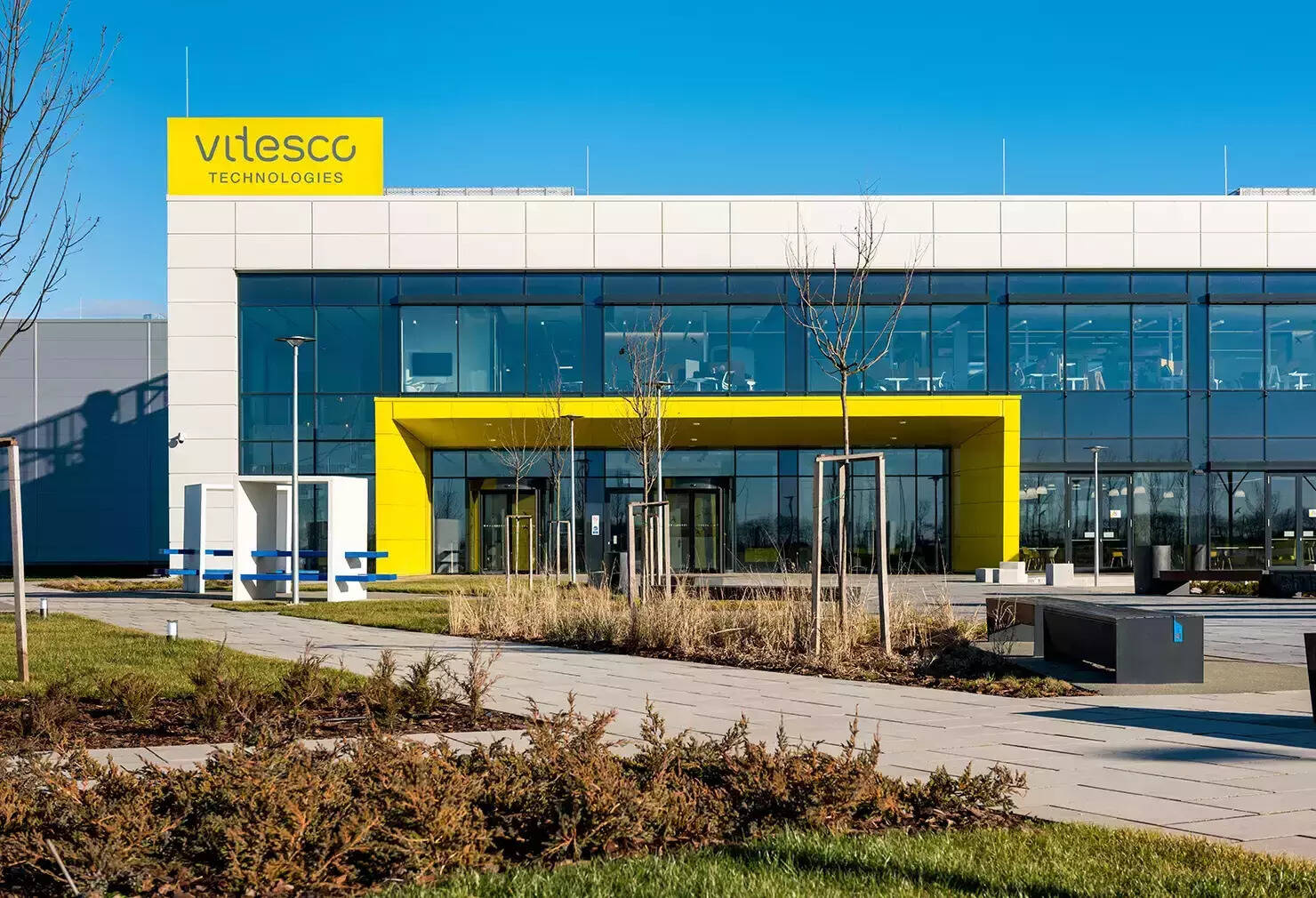
New Delhi: Vitesco Technologies, a supplier of advanced drive technologies and electrification solutions has been reportedly intensively looking into the so-called Life Cycle Engineering (LCE) with the aim to be CO2-neutral throughout their entire life cycle.
Life cycle engineering (LCE) means that when designing and developing a product, the ecological footprint of the entire value chain is taken into account – from the extraction of raw materials for supplied parts, through their production and transport, to the use of the finished product and its recycling at the end of its life – in order to optimize these aspects using scientific methods.
“As a provider of climate-friendly mobility solutions we are committed to meeting high standards in terms of sustainability,” explains Anja Rivera de la Cruz, head of Sustainability, Vitesco Technologies.
“Our business model is based on the understanding that we are significantly reducing vehicle CO2 emissions with our products. Our goal is to make our production operations up to 100% neutral by 2030 and all our business processes along the value chain completely CO2 neutral by 2040 at the latest. To do this, we want to create a life cycle assessment (LCA) for all new product groups – as our customers, OEMs from all over the world, are increasingly asking for.”
As long as a product consists of several components, countless possibilities arise for its development and assembly. These include different design methods, materials, suppliers, supply routes and manufacturing methods.
The company uses mathematical methods to determine which combination can optimize the environmental footprint of a product. On this basis, the Life Cycle Engineering team develops an environmentally optimized product – with consistently high quality and the lowest possible costs.
The pilot project for this initiative at Vitesco Technologies was the life cycle assessment of a high-voltage inverter – a particularly complex product with many components that are also used in other areas of electric vehicles.
For this alone, around 400 individual components and all steps in the value chain were collected and analyzed. The method, with which life cycle assessments can be mathematically optimized in an automated manner, was developed in cooperation with the University of Erlangen-Nuremberg.
Following the successful pilot phase, this method is now being introduced in development, production, and business processes as part of the life cycle engineering program, the company stated.

